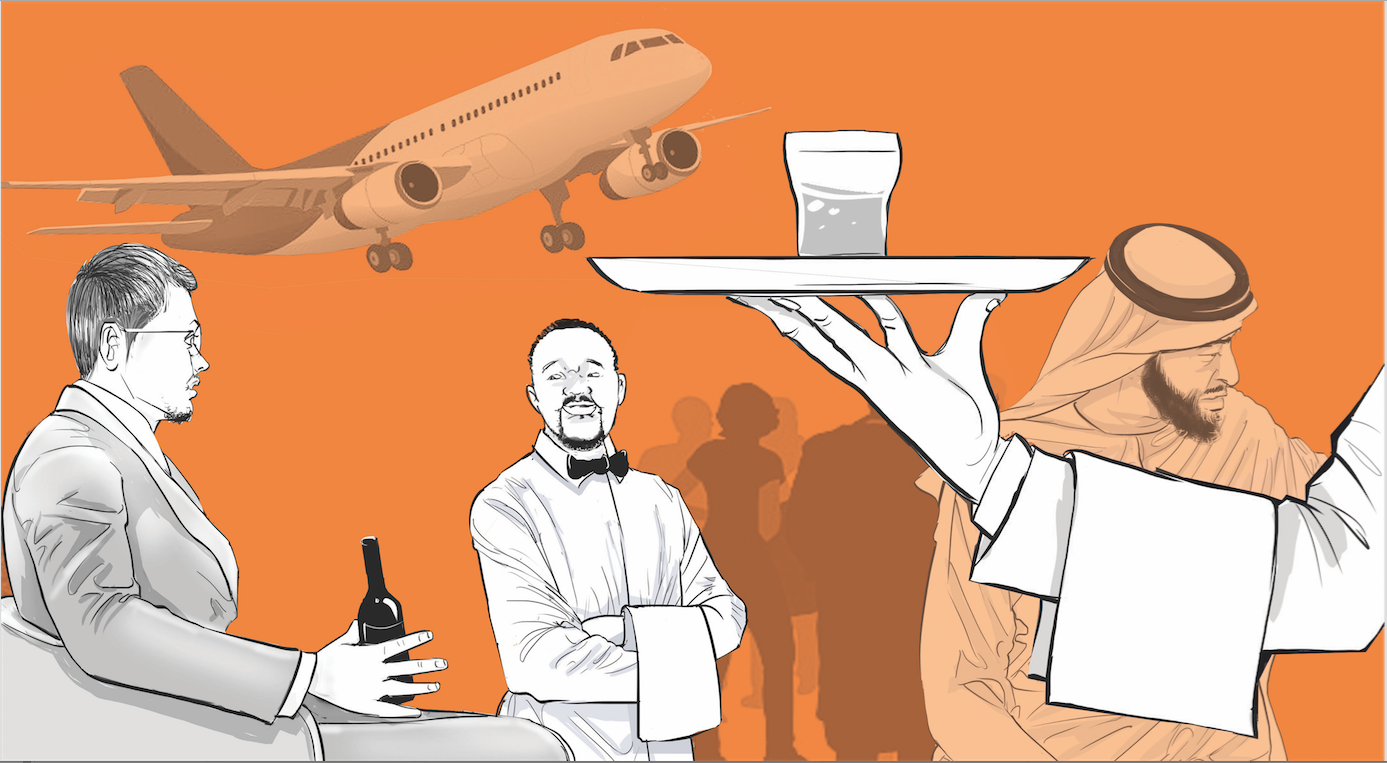
10 factors shaping travel and tourism (Globally)
The global travel and tourism sector faces evolving demands
A well-trained worker can turn a routine trip into a lasting memory.
In Summary

Audio By Vocalize

For decades, Kenya’s tourism industry
has depended largely on visitors from traditional markets such as the United
Kingdom, the United States and Germany. But global travel patterns are changing. Today, Kenya is seeing more
tourists from China, India, the Gulf States, Australia and West African
countries such as Nigeria and Ghana.
This shift brings new expectations. Travellers are seeking more than game drives and beautiful beach resorts; they are after immersive, meaningful experiences shaped by human interaction. Some want impeccable service and luxury; others seek cultural authenticity. But all are shaped by how they are treated.
This is where Kenya’s real competitive edge lies. The hospitality industry rises or falls on the quality of human connection. A well-trained worker can turn a routine trip into a lasting memory. A poor interaction can undo months of investment in infrastructure or branding.
The government’s goal of attracting five million international arrivals and 10 million domestic tourists by 2028 may seem ambitious, but it is achievable. Getting there is not just about more flights or hotels. It is about preparing the people who run those hotels, staff those airports and serve those meals.
According to the United Nations World Tourism Organisation, Africa welcomed 74 million international tourists last year. Kenya received just over 2.3 million, about three per cent of the total. That puts us behind countries like Egypt, Morocco, and South Africa. To catch up, Kenya must do more than promote itself. It must differentiate itself through quality of experience.
Institutions must respond to this challenge by offering practical, industry-relevant training.
This matters for more than just the tourism industry. At a time when youth unemployment remains high, the chance to work in a global industry with transferable skills is no small opportunity. A young Kenyan trained in front office operations or culinary arts is not confined to Nairobi or Mombasa; they are part of a global talent pool.
Meanwhile, domestic tourism is becoming a major force in its own right. Over the past four years, local travel has more than doubled. Nairobi alone now has over 285 accredited hotels. Nearly half of all hotel bookings in Kenya come from Kenyans themselves. These travellers are not second-tier customers; they, too, expect good service. And that expectation is raising standards across the board.
Elsewhere on the continent, untapped destinations from Western Kenya to rural South Africa are sitting on enormous potential. But without trained professionals to tell their stories, curate their experiences and host their visitors, that potential remains just that: potential.
If Kenya is to strengthen its position on the continent and beyond, it must focus not only on what visitors see, but how they feel. That feeling is shaped by human interaction. And that interaction is shaped by training, empathy and professionalism.
Investing in people is not charity. It is a strategy. It is the difference between a one-time tourist and a lifelong advocate. And for a country like Kenya, where tourism touches everything from conservation to community development, it is also an investment in shared prosperity.
When we equip our youth with skills, we are not just opening doors; we are raising the floor. We are saying that Kenya is ready to compete not just with its scenery, but with its service. And in the long run, that may be the more sustainable advantage.
Chairperson of the board, Boma International Hospitality College, and CEO, Kenya Association of Hotelkeepers & Caterers

The global travel and tourism sector faces evolving demands